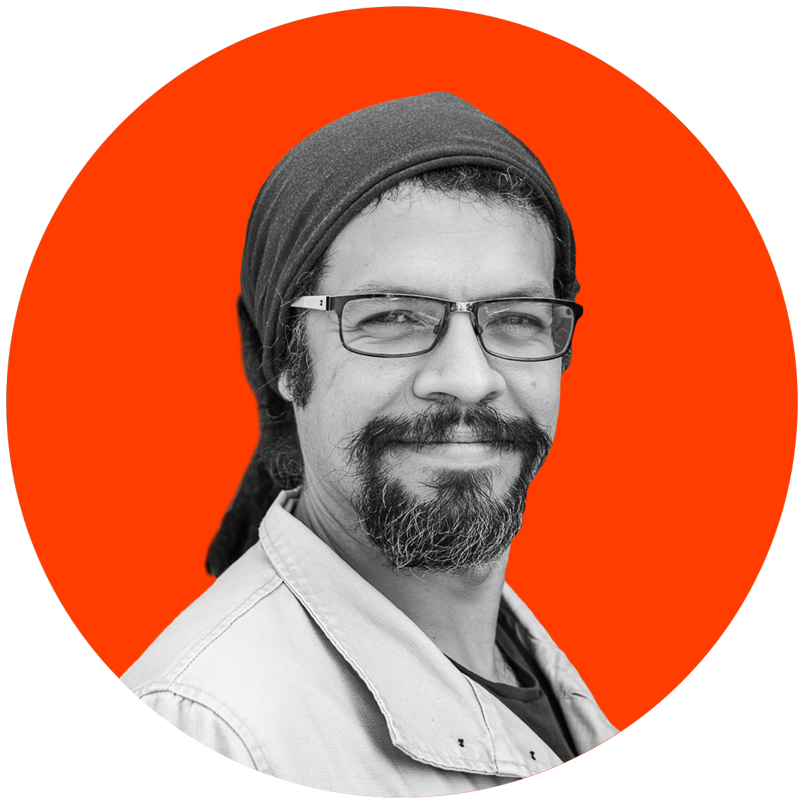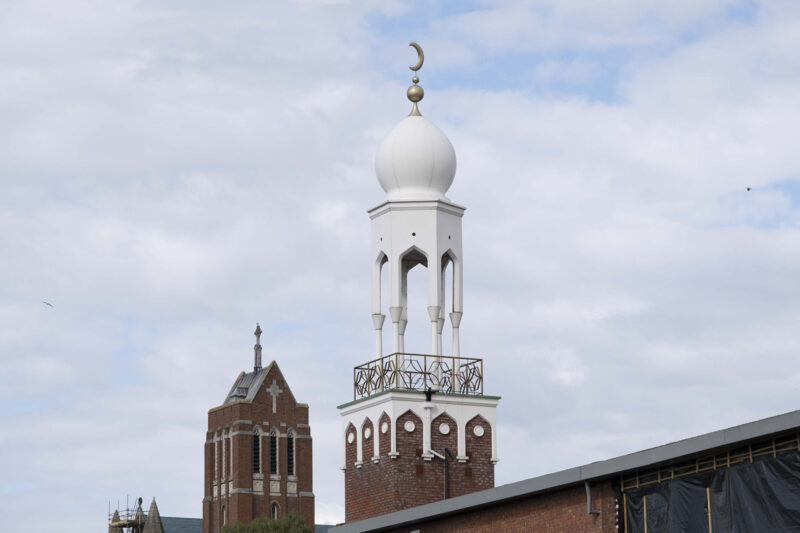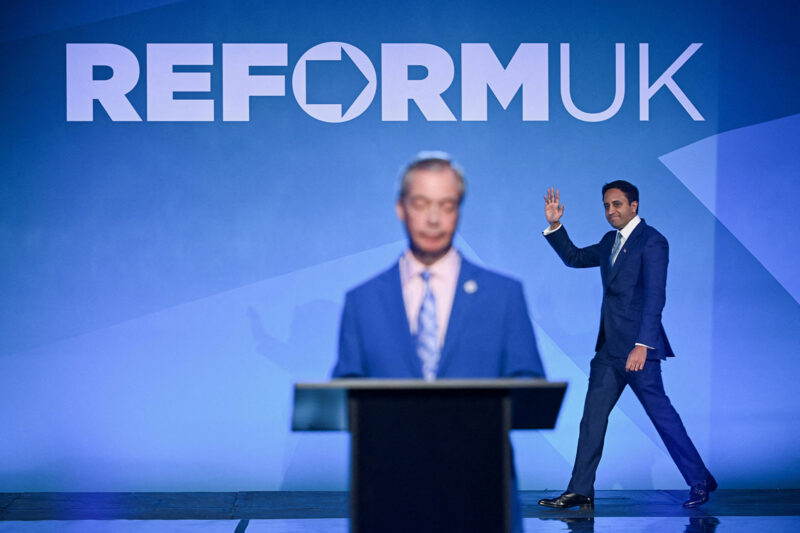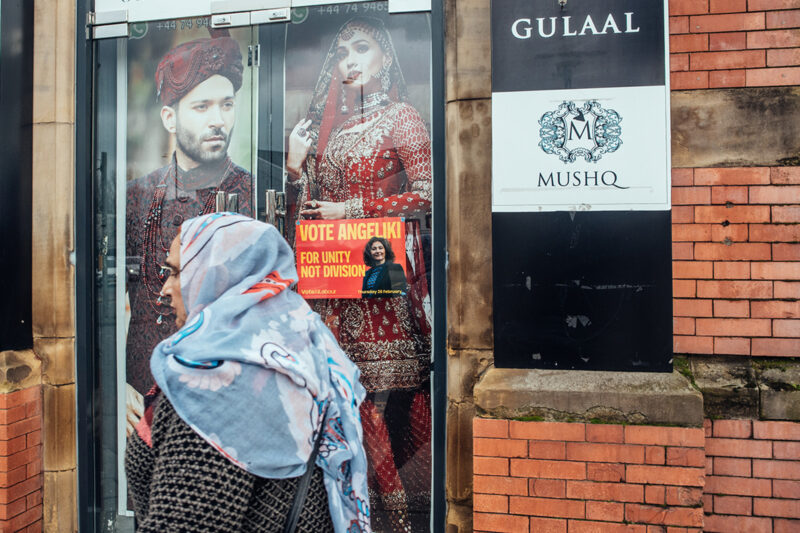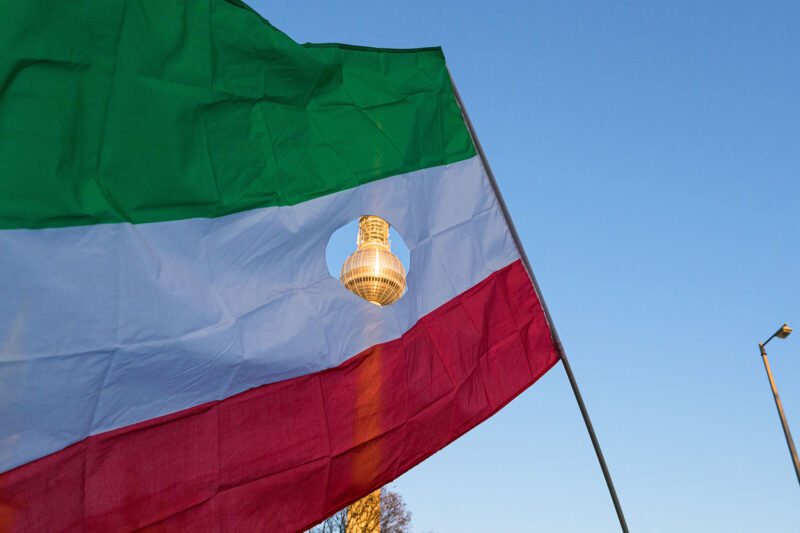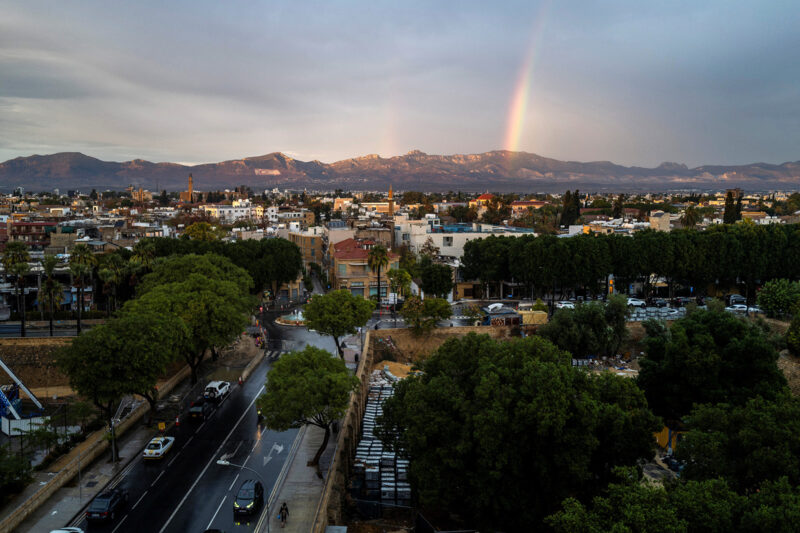Voter rights groups issue warning over photo ID laws ahead of local elections
Pro-democracy organisations say citizens from ethnic minority communities, including Muslims, could be turned away from ballot stations on 2 May
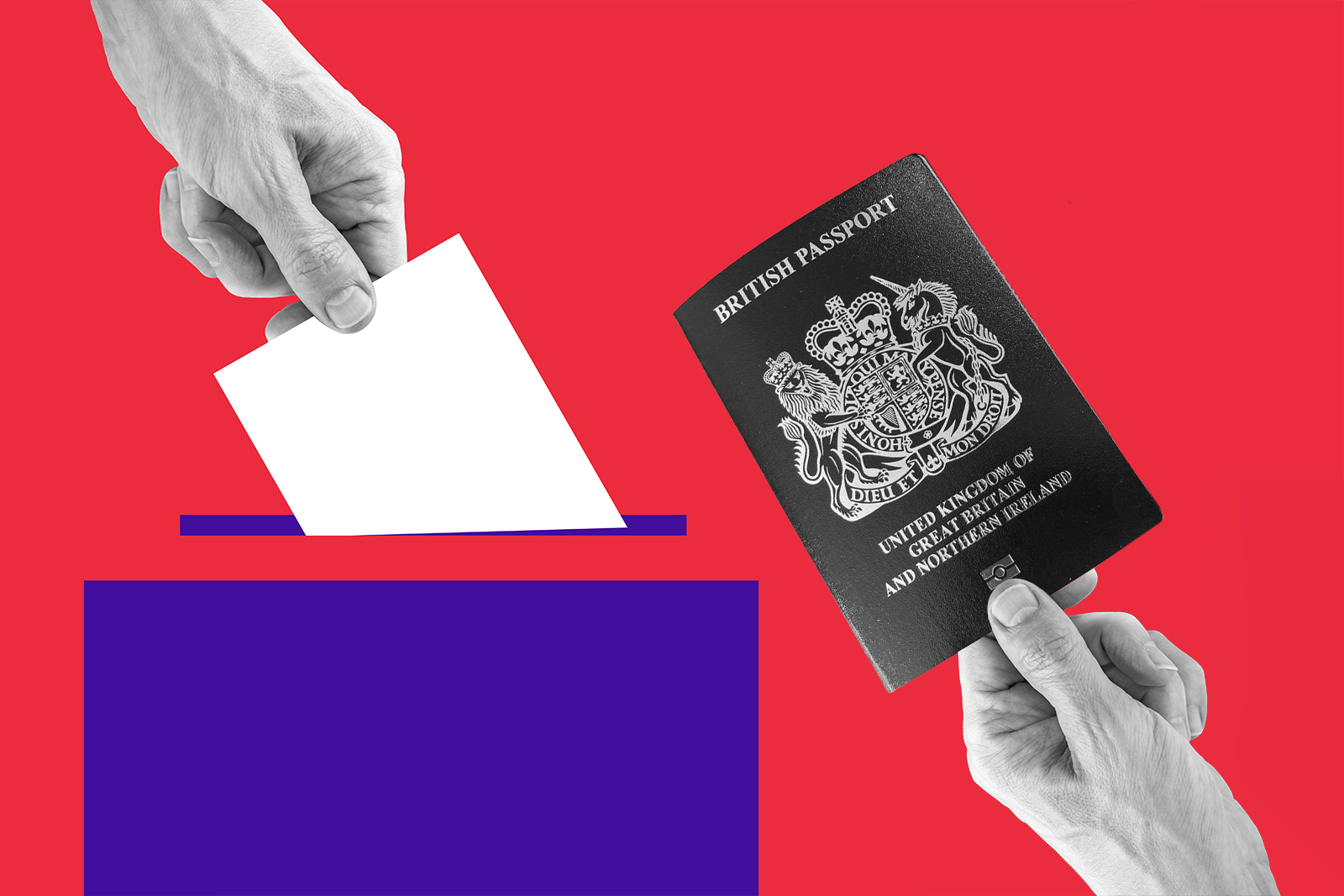
Muslim pressure and pro-democracy groups have warned that thousands of voters across England and Wales could find themselves disenfranchised from May’s local elections owing to a lack of public awareness about the requirement to bring photo ID to ballot stations.
Voters in England and Wales will go to the polls on 2 May to elect 2,636 local councillors, police and crime commissioners, metro mayors and the Mayor of London. However, rights groups have voiced concerns that voters from ethnic minorities and working-class communities could be turned away because of rules on bringing photo identification to vote.
The controversial rules were brought in by the Conservatives before the 2023 local elections. Democracy campaigners and the chair of the Electoral Commission have criticised the requirement as damaging to voter rights and for being seen as benefiting the ruling Conservative Party.
The Muslim Vote, a pressure group which launched in November 2023, has been working to register and politically empower more Muslims to vote at elections. “There is definitely more education needed on this issue,” said spokesperson Abubakr Nanabawa.
“We know that ethnic minorities and working-class people are the most likely to be negatively impacted by the new voter ID laws and are at the greatest risk of not having their voice heard,” he added.
The Electoral Commission found that 14,000 people were recorded at polling stations as unable to vote at the 2023 England local elections, but the actual number is estimated to be much higher. The Commission’s survey found that around 740,000 people (4% of all non-voters) did not vote because of the requirement.
“Thousands of voters in London will likely be turned away because of voter ID rules,” said Shaun Roberts, director of campaigns at the pressure group Unlock Democracy. “The impact will fall disproportionately on young and disabled people and voters from ethnic minority communities, the exact groups who are already the most excluded from the democratic process.
“We’re calling on the government to scrap this expensive, unnecessary policy,” he added.
Research published last November by the Department for Levelling Up, Housing and Communities found that those most likely to have heard nothing about the requirement were people who rarely or never vote at local elections (18%), ethnic minorities (12%) and younger adults (11% of those aged 18-34). London’s high-profile mayoral contest is likely to mean higher turnout, meaning a larger number of people potentially being unable to vote.
Campaigners say opaque rules about accepted ID discriminate against younger people by giving them fewer options than older people have. For example, the 60+ London Oyster Photocard is allowed as proof to vote, whereas the 18+ Student Oyster card is prohibited. People without any ID can apply for a government-issued Voter Authority Certificate, but take-up of these documents has been poor with just 4% of those without ID using them at the 2023 local elections.
Orla Hennessy, media relations and communications manager at the Electoral Commission, said: “We are responsible for making sure that voters are informed of the need to bring photo ID in order to vote. Ahead of the local elections last year, we saw awareness rise from 22% to 87% in four months, and we are working to consolidate that this year.”
She added that the Electoral Commission has worked closely with civil society organisations to promote voter registration and raise awareness of voter ID, including the Muslim Council of Britain and the Muslim Women Network to get the message out.
Critics of the voter ID policy, including Unlock Democracy, Unison and the Muslim Vote, have pointed out that there was only one case of someone impersonating someone else in order to vote out of 58 million votes cast in 2019.
“This is a solution to a problem that does not exist,” said Nanabawa.
 Newsletter
Newsletter

